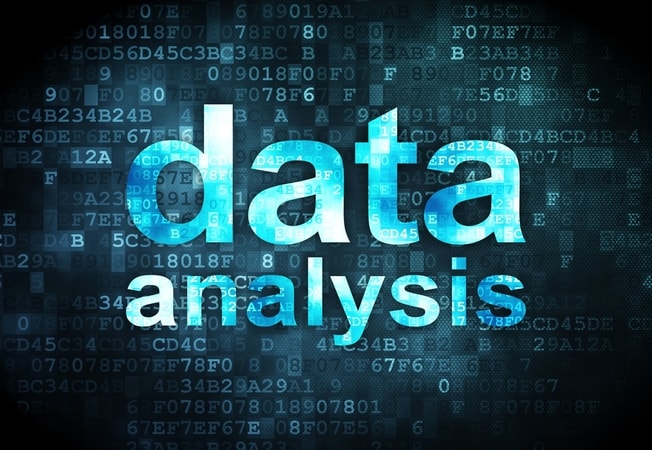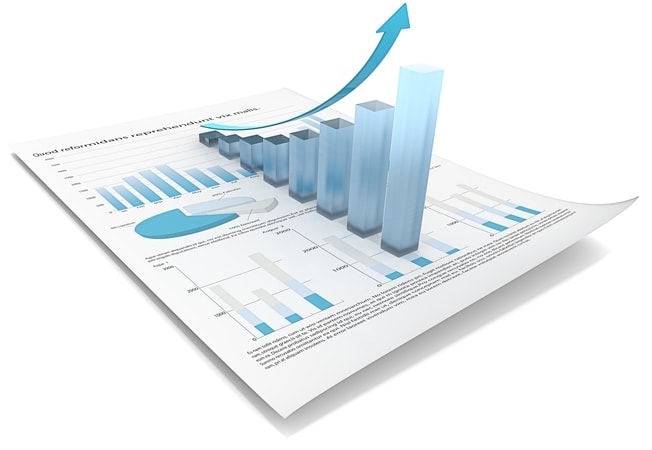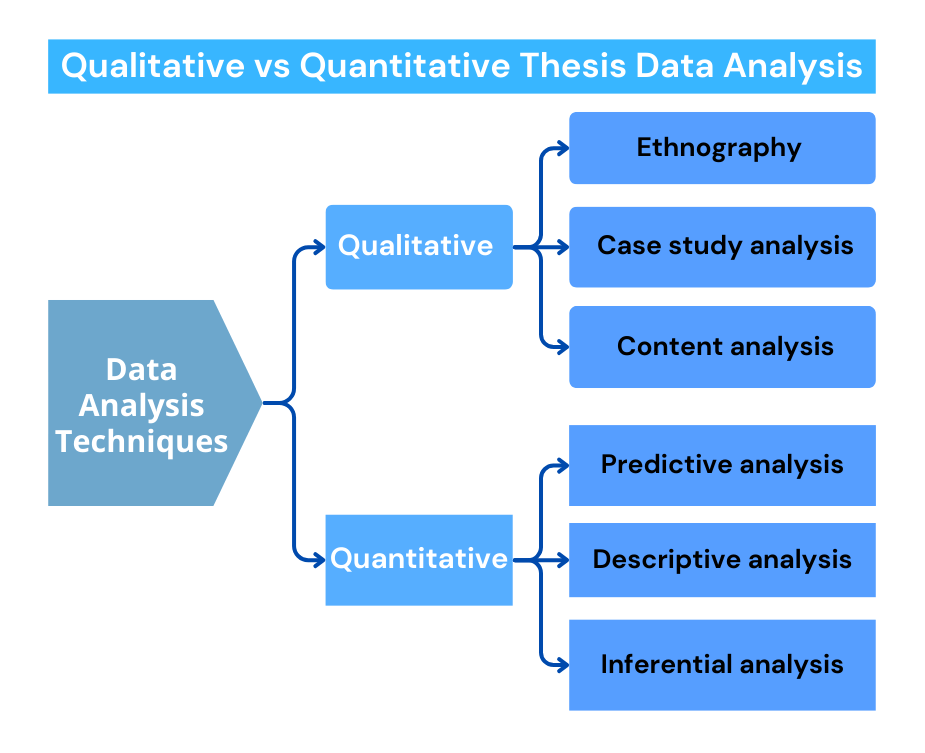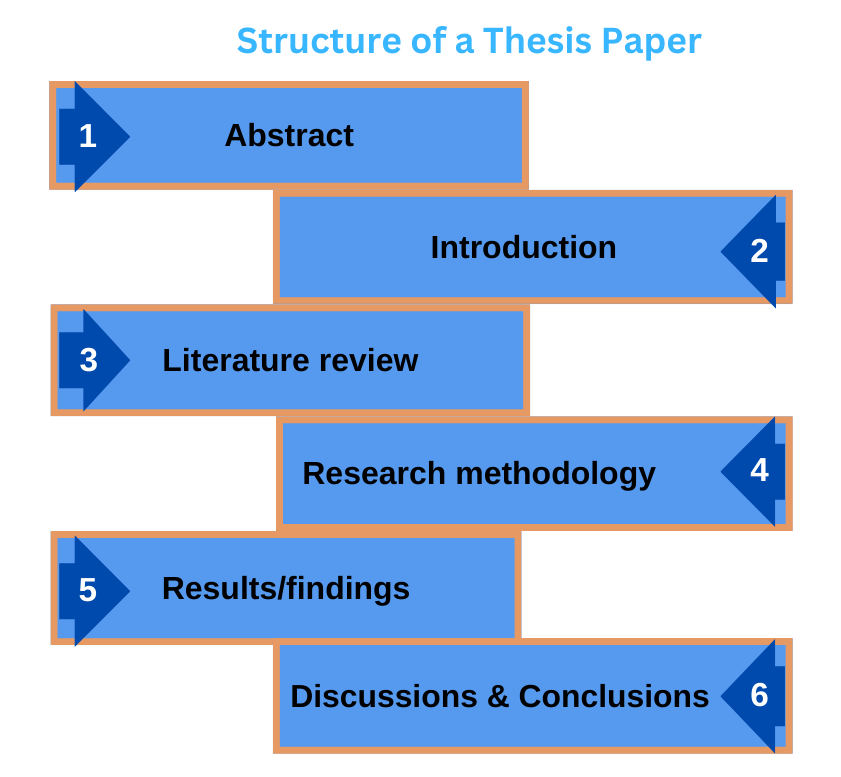Thesis Data Analysis Services Using SPSS: Statistical Analysis Online
Statistical Package for Social Sciences (SPSS) software is a package that helps researchers to analyze and interpret numerical data. The package is specifically useful for scholars who intend to analyze quantitative data for their thesis. Our company offers thesis data analysis services using SPSS to master's and Ph.D. clients seeking statistical analysis help online.
Effective analysis of data in quantitative research entails knowing the nature of variables and selecting the right statistical tests to run in order to produce accurate and reliable results. Our company offers statistical data analysis help to scholars for their dissertations, capstone projects, theses, and research papers. Our expert statisticians provide excellent quantitative analysis using SPSS on a 24/7 basis.
We leverage the software's impressive capabilities in analyzing data for health, education, and market researchers, government entities, data miners, and survey companies, among other clients, to process and manage information for revealing meaning, relationships, or patterns among other research objectives. This article contains detailed information on the factors we consider when conducting thesis data analysis with SPSS.
Our competent SPSS thesis data analysts help scholars conduct statistical analyses. Such analyses include descriptive statistics like standard deviation, median, mode, and mean; and inferential statistics such as the Analysis of Variance (ANOVA), t-tests, correlation, factor analysis, and regression, among others.
We conduct effective analysis of qualitative and quantitative data to draw valid conclusions, inductive interpretations, inferences, answer a research question, or prove particular hypotheses in dissertations and theses writing.
Why Hire our Online Statistical Analysis Experts?
Some of the benefits of hiring our online statistical analysis experts include the following:
- Avoidance of human bias when making research conclusions by using explicit statistical evidence.
- The rationale for choosing the most appropriate analysis methodology depending on the context of the thesis.
- Effective structuring of research findings from various sources to draw valid conclusions that are logical and relevant to the objectives of the study.
- Utmost compliance with data analysis ethics and acceptable norms of discipline with respect to variables and assumptions of sources of data.
- Expert help and advice on methods of recording data for objectivity and consideration of missing values, outliers, and other rampant errors in analysis processes.
- Proper documentation and tracking of data handling procedures for future reference and review.
- Provision of intensive interpretation and description of research results.
- Excellent representation of findings using charts, graphs, or tables depending on the nature of the research question being answered.
Some of the factors we consider when conducting thesis data analysis using SPSS include the following:
1. Thesis Aim: The aim or objectives of the quantitative data analysis
Having clearly defined goals when conducting statistical analysis online is fundamental to objective data processing. Our expert statisticians ensure they understand what they have to obtain from the data, the problem, or the research question to be resolved to have the correct type of analysis conducted.
2. Characteristics of the research data collected for the thesis
Before commencing thesis data analysis using SPSS, we first review the dataset to understand characteristics such as the level of measurement and the nature of distribution, among other considerations that affect the choice of statistical tests.
We determine whether the scale of measurement of the variables to be analyzed is nominal, ordinal, ratio, or interval. We also check the normality and sample size, among other data qualities, to assess whether parametric or non-parametric tests are to be run on the dataset.
3. Type of statistical analysis required for the research
Our expert statisticians leverage different analyses using SPSS to derive meaning from research data. These include descriptive and inferential statistics, quantitative methodologies, numerical prediction of outcomes, and group identification methods such as cluster analysis. We conduct online custom SPSS analysis and data management depending on the type of question/hypothesis being addressed.
Descriptive statistics such as the measures of central tendency, measures of variability/spread, and frequency distribution are calculated on different occasions depending on the objectives of the study. Inferential statistics are used to draw conclusions regarding an entire population from a study sample. The mathematical representation of data requires careful analysis to make logical inferences for real-world situations.
4. Exploratory data analysis
Exploratory data analysis (EDA) provides an opportunity for the statisticians to familiarize themselves with and understand the data formats before entering it into the SPSS software.
The rows represent different samples, whereas the columns comprise the values for the variables in such samples. EDA provides a clear idea of general issues such as the number of samples, variables, types of such variables and their values, any instances of missing values, or outliers.
5. Thesis Variables - Type and nature of variables to be analyzed
Before commencing statistical analysis online using SPSS, we must ascertain whether the types of variables are nominal, ordinal, ratio, or interval; categorical, discrete, or continuous.
We also conduct thorough data cleaning to ensure there are no errors in entry to enhance validity. We offer the best research paper statistical data analysis to help assist students in deducing inferences and conclusions for their research appropriately after carefully handling the raw data in preparation for extensive analytics.
Both independent and dependent variables must be well defined to select the most appropriate statistical test to run during the SPSS data analysis. The choice of statistical tests also varies with the number of dependent and independent variables in the dataset. For the correct dissertation or thesis data analysis using SPSS software, all variables must be clearly identified and defined to ensure the process yields valid and accurate results for the research paper.
6. Research questions/hypotheses to be answered/tested
Different research questions/hypotheses are posed depending on the objectives of the study. The questions may be descriptive, correlational or predictive, group differences, or cause-effective relationships. The choice of statistical test depends on what the scholar is interested in knowing regarding the target population or the variables under observation.
7. The type of statistical tests to be run on the data
After preparing the data for analysis using SPSS, we help in selecting the most appropriate statistical test based on the variables being analyzed and the nature/type of questions to be answered.
It also depends on whether the data being analyzed is numerical or categorical. The most common considerations when choosing a statistical test to run during SPSS analysis include the following:
(a). Aims and objectives of the study
The aim and objective of a study determines the type of statistical tests to use for the accomplishment. Regression analysis, t-tests, ANOVA, and correlations are some of the common statistical tests used in our data analysis services, depending on what the student wants to achieve before concluding the thesis.
(b). Type and distribution of the collected data
Before deciding on the type of test to use on the data, it is essential to check its distribution. Parametric tests are run on normally distributed data, while non-parametric tests are chosen if the data follows a non-normal distribution shape.
We check for normality of data distribution using elements such as the histogram, Q-plots, or graphical representation of the values. Non-parametric tests are also used on nominal, ordinal, and discrete data types. If the data is continuous, both parametric and non-parametric tests can be used.
(c). Whether Observations are paired or unpaired
Before conducting thesis data analysis with SPSS, we assess whether the data is paired or not. Unpaired/independent and paired samples require different tests to deduce meaning and draw logical inferences in research.
(d). Parametric and Nonparametric Methods
When comparing means, we use parametric inferential statistics. If the study involves comparing elements other than the mean, non-parametric inferential statistical methods are used.
The parametric tests operate under the assumption that the variables being analyzed are continuous and normally distributed. Non-parametric methods are useful when analyzing data that is continuous but follows a non-normal distribution or variables other than continuous.
(e). Thesis Sample - minimum Sample Size Required for statistical analysis using SPSS
The required sample size is inversely proportional to the effect size detected. On the same level of the power of a test and the level of confidence, if the required sample size increases, the effect size decreases.
The minimum or maximum sample size for a particular statistical method is subject to estimation depending on factors such as effect size, the power of the study, and level of confidence, among others. However, we must ensure the adequacy of the sample size to detect statistically significant differences.
Considering these factors, along with a thorough understanding of the SPSS commands and expertise in the use of the different functions of the software, enable us to deliver the best statistical analysis online.
We are well-versed with the software's functions and the techniques to use when running various tests to produce the desired results. Each of our statisticians is experienced in analyzing data for dissertations, theses, capstone projects, and other research papers to produce accurate and valid results in the context of the study.
Students who purchase our thesis data analysis services are assured of the best help through which they can make sense of their research data. Regardless of the nature of the data collected or the type of research question that needs to be answered, our clients are assured of achieving their study objectives.
Our primary focus in the SPSS data analysis service is the student's success in completing and submitting their theses to the target audience within the required timelines. Therefore, we analyze the data within a fast turnaround time while conducting unlimited revisions on the result's report to ensure our client gets the final acceptance by the academic audience. Contact us today to get the best thesis data analysis and gain meaningful insights into your data. We also offer other services such as rewriting and paraphrasing, editing and proofreading, and writing other sections of a thesis or dissertation.







